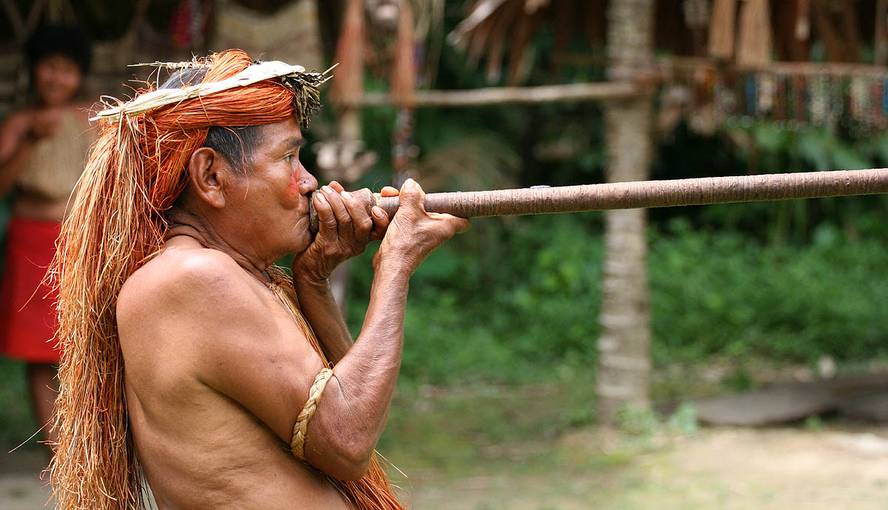Amazon and oceanic genetically united
The two studies published this week in Nature and Science have put on the table new data and hypotheses on the origin of Americans. Analyzing the current and ancient DNA, two research groups, each for their part, have observed that some inhabitants of the Amazon have greater genetic similarity with the Australians and Melanesians than the rest of the Americans.
America was the last continent to which man arrived. This happened 23,000 years ago, according to the recent study published in Science. They conclude that they moved from Siberia to Bering, where they remained 8,000 years, expanded through America, distributed 13,000 years ago in the North American and South American branches. This coincides with what was so far approved. But they have also seen that the Amazon population of Surui and the Aleutians, inhabitants of the Eastern Alaska Islands, have a genetic relationship with the Australians and Melanesians, inhabitants of the islands located northeast of Australia.
And something similar have been found in his work in Natura: The Amazonian populations of Surui and Karitiana have found genetic similarities with the inhabitants of Papua New Guinea (Melanesia) and the Australian Aborigines.
However, both groups have not reached the same conclusions. According to those of nature, almost at the same time the ancestors of the rest of the Americans, or perhaps a little earlier passed the Australian and Melanesian ancestors. For Science this was much later, about 9,000 years ago, and they crossed with the first Americans who had passed before.
Both research groups have not known the works until the last moment. And now it is being studied whether the results of both works can be somehow unified.






